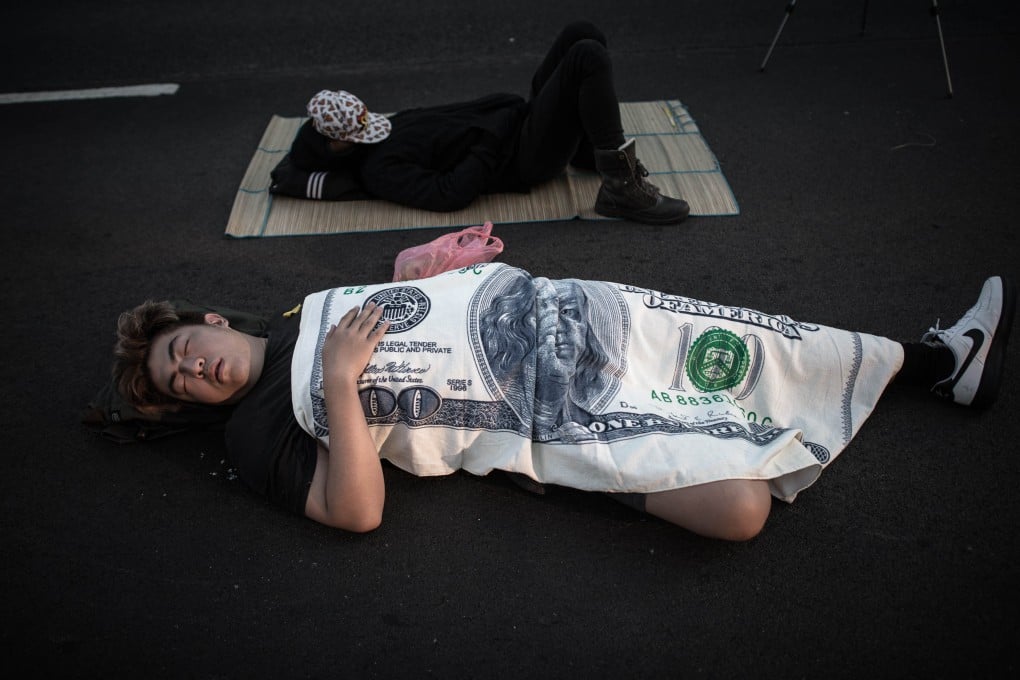Opinion | Is talk of foreign 'interference' and revolution a story too far for Hong Kong media?
Albert Cheng says muted coverage of US senators' call for Obama to support Hong Kong's democratic movement raises questions about press freedom

In Chinese politics, it seems, a rose by any other name would not smell as sweet. It is customary for the Chinese Communist Party to hammer out an official "determination" of the nature of a political phenomenon to justify its subsequent action against opponents.
In April 1989, the China Daily labelled the student anti-corruption protests in Tiananmen Square a counter-revolutionary riot engineered by a tiny minority whose ulterior motive was to conspire to oust the party and the country's political system. The provocative editorial served as the guiding thought for the subsequent military crackdown on the student movement in June.
In the West, Hong Kong's campaign for a genuine democratic arrangement to elect the next chief executive in 2017 has been termed an "umbrella revolution". The term has touched a raw nerve at the top in Beijing. Local activists have urged the media to refrain from calling their actions a revolution, which might form the basis of an iron-fisted response to their demands, which have nothing to do with the mainland ruling system.
Scholarism and the Hong Kong Federation of Students - the engine behind the street demonstrations - have co-written to President Xi Jinping , seeking to convince him they are not about to start a revolution and have nothing to do with any foreign forces.
Last weekend, in Russia, Vice-Premier Wang Yang said Western countries had been backing the opposition camp to foment a "colour revolution" in Hong Kong. Other mainland officials said the same. The tone and manner in which Chinese officials have been denouncing the Occupy movement are reminiscent of what led to the 1989 crackdown.
Wang's statement followed a petition by 23 US senators urging US President Barack Obama to act in support of the Hong Kong democratic movement. It was frowned upon as another piece of evidence that the US is indeed the "black hand" behind Occupy.
The statesmen urged Obama to speak out personally in support of the "umbrella movement". The letter reminded Obama that he is empowered to impose economic sanctions on China. "The US-Hong Kong Policy Act of 1992 states that it is US policy to help preserve Hong Kong's unique status and to support democratisation in Hong Kong. As you know, the act also authorises you to suspend trade and economic provisions should Beijing not provide sufficient autonomy for Hong Kong as outlined by the Joint Declaration."
